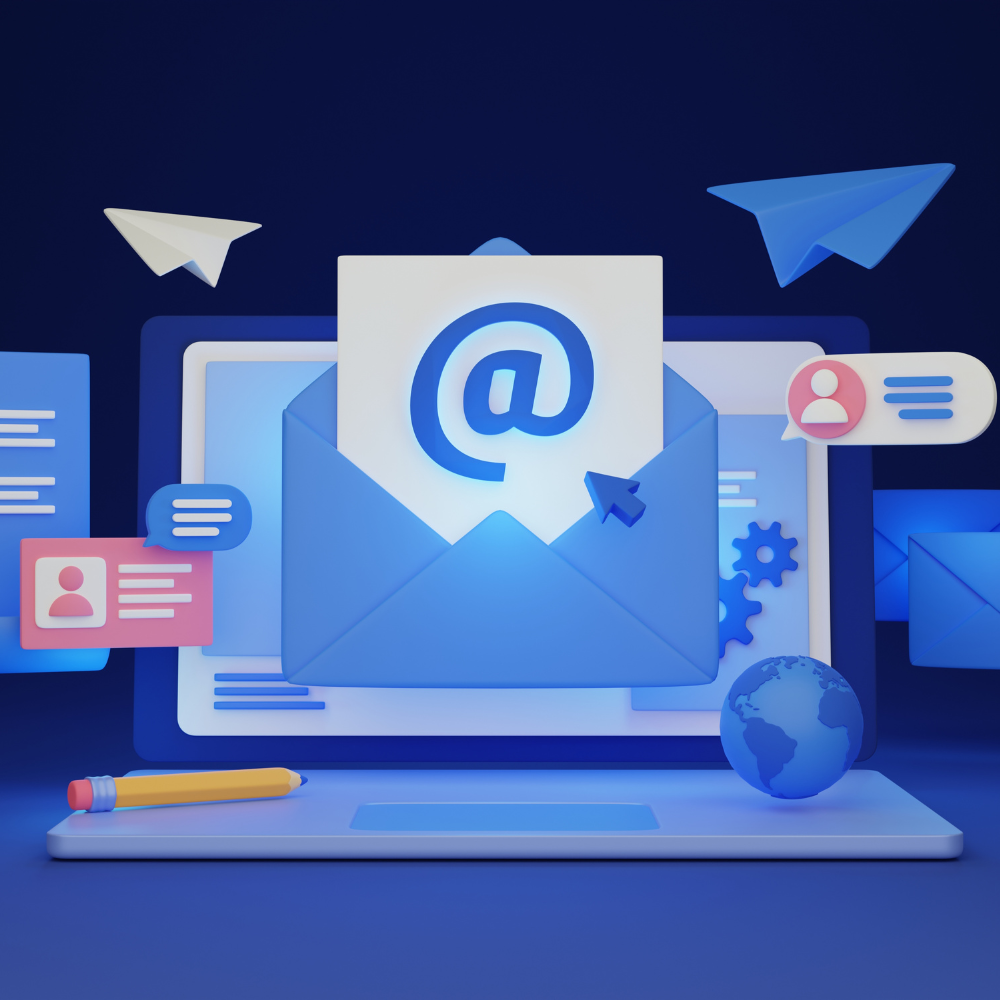Understanding Demand Generation and Its Impact on

In the world of digital marketing, automation is becoming increasingly essential, especially in the business-to-business (B2B) sector. B2B email marketing automation is a powerful tool that helps businesses streamline their marketing efforts by automating repetitive tasks, improving communication, and ultimately driving sales and business growth. This blog explores what B2B email marketing automation is, its benefits, and how companies can effectively implement it.
What is B2B Email Marketing Automation?
B2B email marketing automation involves using software to manage and automate the process of sending emails to other businesses. Unlike traditional email marketing, which often involves manual effort for each campaign, automation allows companies to set up emails that are triggered by specific actions taken by prospects or customers. For example, a series of welcome emails can be automatically sent out when a new contact subscribes to a newsletter, or follow-up emails might be triggered after a customer downloads a white paper.
The goal of B2B email marketing automation is to nurture leads through the sales funnel in a way that is efficient and consistent, without requiring constant attention from marketing staff. It focuses on creating personalized and relevant communication that engages the recipient at the right time with the right message.
Benefits of B2B Email Marketing Automation
- Increased Efficiency: Automation frees up time for marketing teams by handling routine email tasks. This allows staff to focus on more strategic activities such as campaign planning, content creation, and data analysis.
- Enhanced Personalization: Advanced automation tools can segment audiences based on behavior, demographics, or engagement levels, enabling more targeted and personalized email campaigns. This relevance increases the likelihood of engagement and conversion.
- Scalability: Automation makes it easier to scale marketing efforts. As your business grows and your database expands, maintaining personalized communication with each contact manually becomes impractical. Automation ensures that no matter how large your audience gets, each one can receive personalized attention.
- Better Lead Nurturing: Through automated drip campaigns, businesses can send a series of emails based on specific timelines or user actions. This helps in gently nudging potential customers down the sales funnel without overwhelming them.
- Detailed Analytics: B2B email marketing automation tools provide comprehensive analytics that helps businesses track the performance of their email campaigns. Metrics such as open rates, click-through rates, and conversions are crucial for understanding the effectiveness of strategies and optimizing future emails.
Implementing B2B Email Marketing Automation
Step 1: Choose the Right Platform
Select a robust email marketing automation platform that fits your business needs. Look for features like integration capabilities, ease of use, customer support, and scalability.
Step 2: Segment Your Audience
Divide your audience into distinct groups based on relevant criteria to ensure the content is highly tailored and meets the needs of different segments.
Step 3: Craft Your Campaigns
Develop compelling content that resonates with your target audience. This includes deciding on the structure of your email sequences and the key messages that should be communicated in each phase of the customer journey.
Step 4: Set Up Automation Triggers
Define the conditions under which an email will be sent automatically. This could be based on user actions like signing up, downloading content, or engaging with previous emails.
Step 5: Monitor and Optimize
Regularly review the performance of your email campaigns. Use the insights gained from analytics to tweak and improve your emails and automation sequences continually.
Conclusion
B2B email marketing automation is not just a tool for sending emails; it's a comprehensive strategy that, when executed correctly, can lead to significant business growth. By automating routine tasks, personalizing messages, and efficiently managing leads, businesses can not only save time but also enhance the effectiveness of their marketing efforts. As technology evolves, the scope and capabilities of email marketing automation will only expand, offering more innovative ways to connect with and convert business customers.